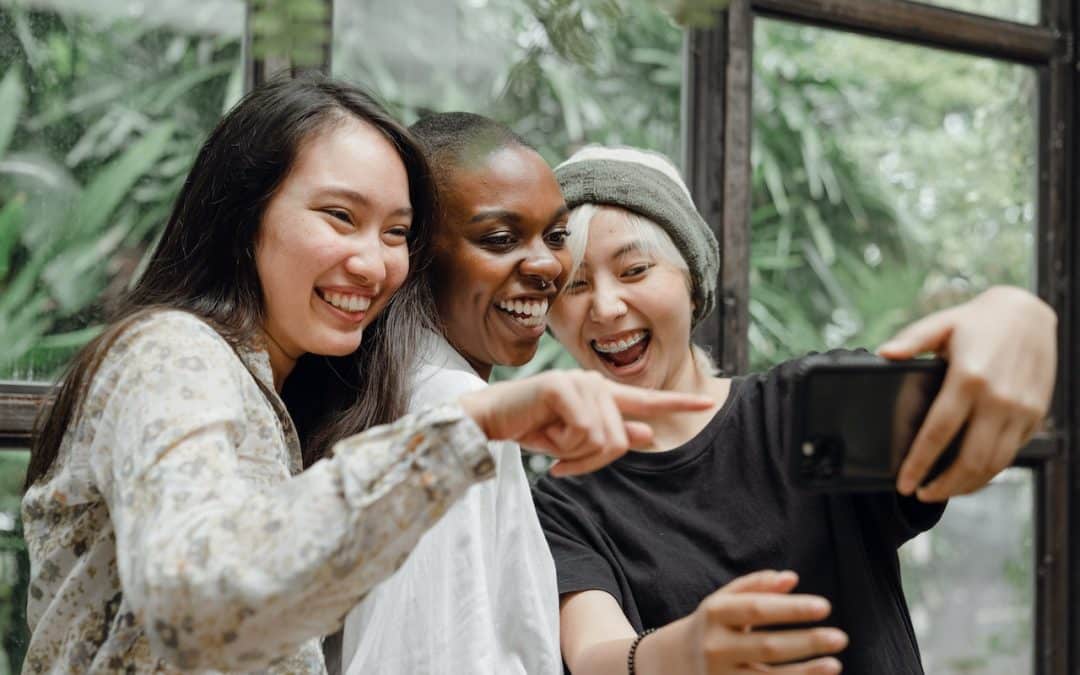A San Francisco psychologist breaks down four of the common challenges she sees for women of color entering therapy, and gives suggestions for three things that can help.
I started grad school for counseling in 2003, which means I’ve been in the mental health field for nearly 20 years now. Over that time, I’ve been heartened to see how much the conversation around mental health has evolved. The taboo around therapy really does seem to be shrinking, thanks in large part to people bravely sharing their stories of struggle and healing.
But despite these positive changes, serious barriers to care remain, especially for BIPOC. Despite elevated rates of mental distress and illness—including issues directly related to racial trauma, economic inequality, and experiences of bias and discrimination—women of color are less likely than our white counterparts to seek care.
When clients first come to see us, these are the challenges we hear about again and again: Pervasive stigma, lack of culturally appropriate care, a history of previous negative experiences, and difficulty accessing high quality services.
If you’re a woman of color seeking out therapy, chances are you’ve experienced one or more of these barriers to care. So let’s talk about it!
Four Challenges Faced by BIPOC Women in Therapy
My family doesn’t believe in therapy.
Or maybe it’s your religious congregation, your friends, or other members of your community. They might think therapy is a waste of money, or that prayer is the only remedy for our problems. Perhaps they distrust therapists and think it’s shameful or even dangerous to “air dirty laundry” with outsiders.
Having family or community approval isn’t a prerequisite for therapy for adults (and even some minors). But a lack of support can definitely make it more challenging to access care. Starting therapy can feel intimidating, and keeping secrets or having arguments about it are a burden on top of everything. It might be difficult to get away to appointments, or carve out privacy for telehealth sessions at home.
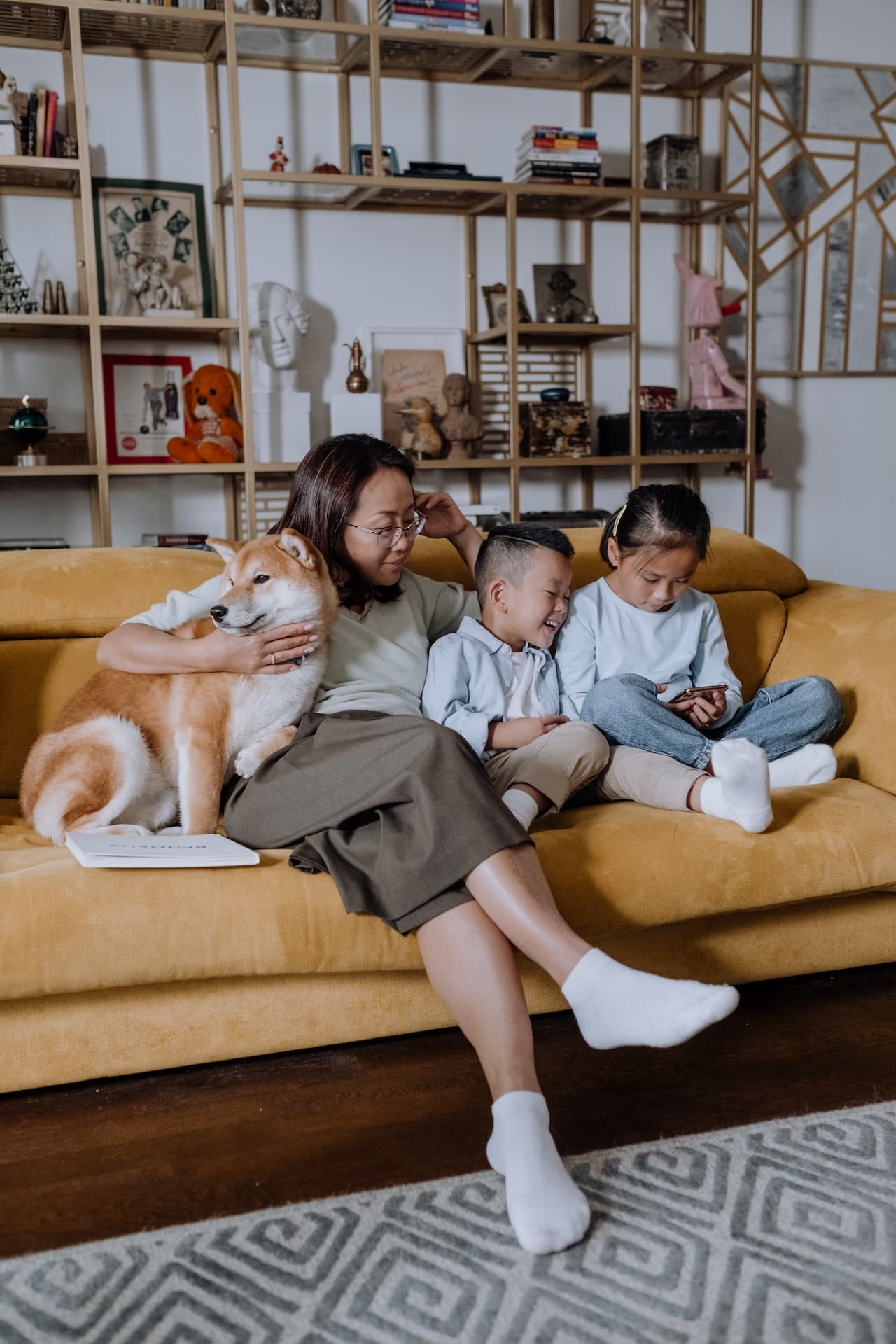
I’m used to being strong and it’s hard for me to ask for help.
Many of the professional women of color that I work with in therapy are used to putting on a lot of armor to go out into the world. They need to be strong for their families and friends. They need to seem unflappable and above the fray at work. Often, they’re so used to being strong that they don’t know how to ask for help, or even recognize when they need it.
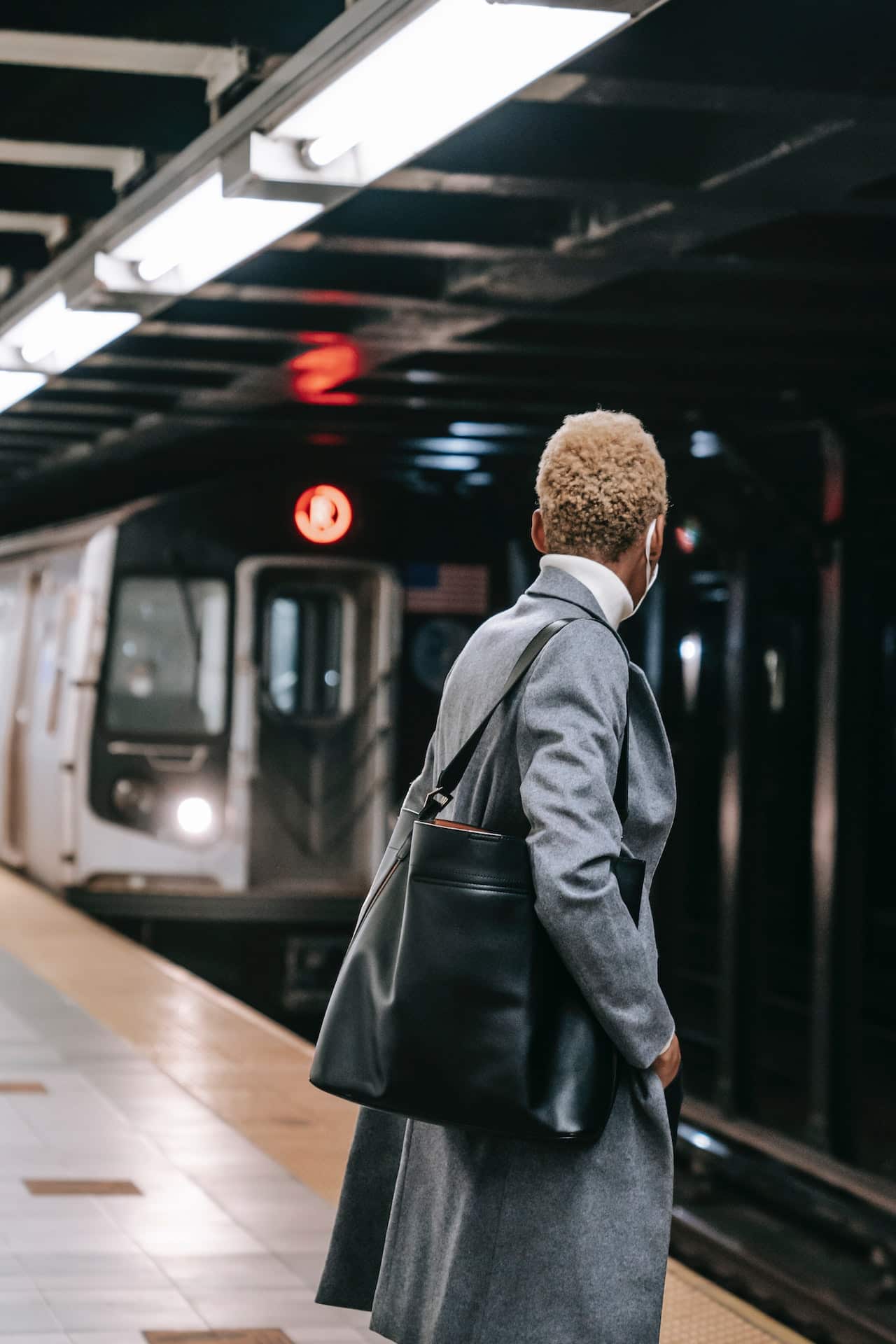
Being part of a marginalized group means learning to cope with microaggressions, discrimination, and the limiting expectations of the people around us. Often, it means that we’ve experienced both individual and generational traumas. Tough armor has been part of our survival story.
Unfortunately, that armor can cut us off from our joy, connection, and ease in the world. It’s hard to put down even when we don’t need it. And it’s heavy AF. That’s why when therapists say that reaching out for help can be the bravest thing we can do, we mean it. (Yeah, we do know it sounds cringey, but it’s true.)
It’s difficult to find a therapist who gets (and validates) my experiences.
Psychology has historically been a white, patriarchal field with misogynistic and racist ideologies baked into its foundations. Much has changed since Freud and his contemporaries developed psychoanalysis in the late 1800s.
However, lack of representation and the pathologizing of non-white, non-Western cultures are still big problems. In the United States, nearly three quarters of therapists are white. Only 7.9% are Latinx and 4.0% are Black. It’s no coincidence that my BIPOC therapist colleagues and I all have horror stories about the “multicultural training” we received in school and on internships.
That plays out for clients in difficulty with finding therapy where they feel validated and supported. They might end up with a therapist who struggles to understand the nuances of their family dynamic, or suggests tools and strategies that don’t culturally make sense. They may minimize the impact of racism, or pathologize clients’ normal responses to those experiences.
For this reason, many clients of color want to find a therapist who shares their cultural background. Others are looking for a therapist of any background who has training and experience delivering culturally appropriate care. But this can be a challenge, especially outside of larger metropolitan areas. And that’s before even taking into account the other factors that make someone a good match, like expertise with a particular issue or approach.
I’ve had negative experiences with therapy in the past, and I’m too exhausted or scared to try again.
All of these challenges can mean that even when BIPOC women make it into therapy, they may not find it helpful. Or they may find that despite it being helpful in some ways, the barriers outweighed the benefit.
Some of my clients have shared disappointing, painful or even harmful previous experiences in therapy. Experiences of racism and sexism hurt, but it’s worse when they happen somewhere we’ve opened ourselves up to heal.
It’s absolutely valid to be skeptical or self-protective when considering therapy again after a negative experience. But you still deserve support and care in your healing. And there are resources that can make the next time around go differently from the last one.
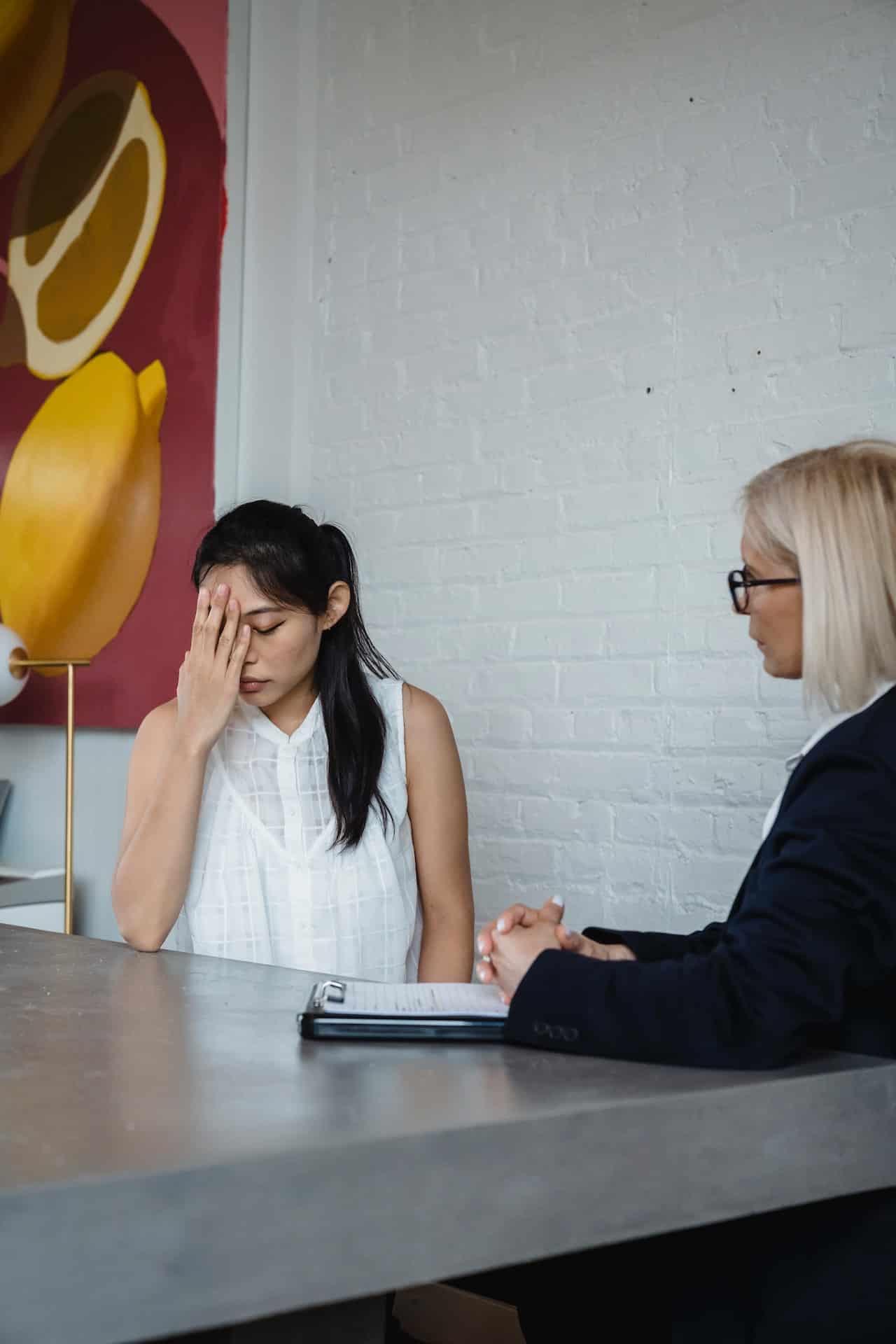
What Can Help
As a millennial therapist, I go to the internet for just about everything. And when it comes to connecting with culturally appropriate care, it’s a treasure trove of resources.
If you’re struggling with finding a therapist who gets you culturally, check out one of the many databases that cater to connecting clients with therapists with a wide variety of identities and backgrounds.
- For Latinx/Latine therapists, try Therapy for Latinx
- For Black therapists, try Therapy for Black Girls
- For Asian/Pacific Islander therapists, try Asian Mental Health Collective
- For a diverse group of therapists committed to inclusivity and culturally responsive care, try Inclusive Therapists or Therapy Den
Outside of major metropolitan areas, you might also consider expanding your search to include telehealth therapists. That can give you a pool of all the therapists licensed in your state, rather than just those who are within driving distance or by public transportation.
If financial resources are an issue with finding a good-fit therapist, consider scholarship funds such as Loveland Foundation (for Black women and girls) or the Lotus Therapy Fund (for AAPI folks). There are also a variety of national and local organizations offering money to connect BIPOC folks with culturally appropriate care. Try searching “therapy funds for ____” to find one particular to your identities or local area.
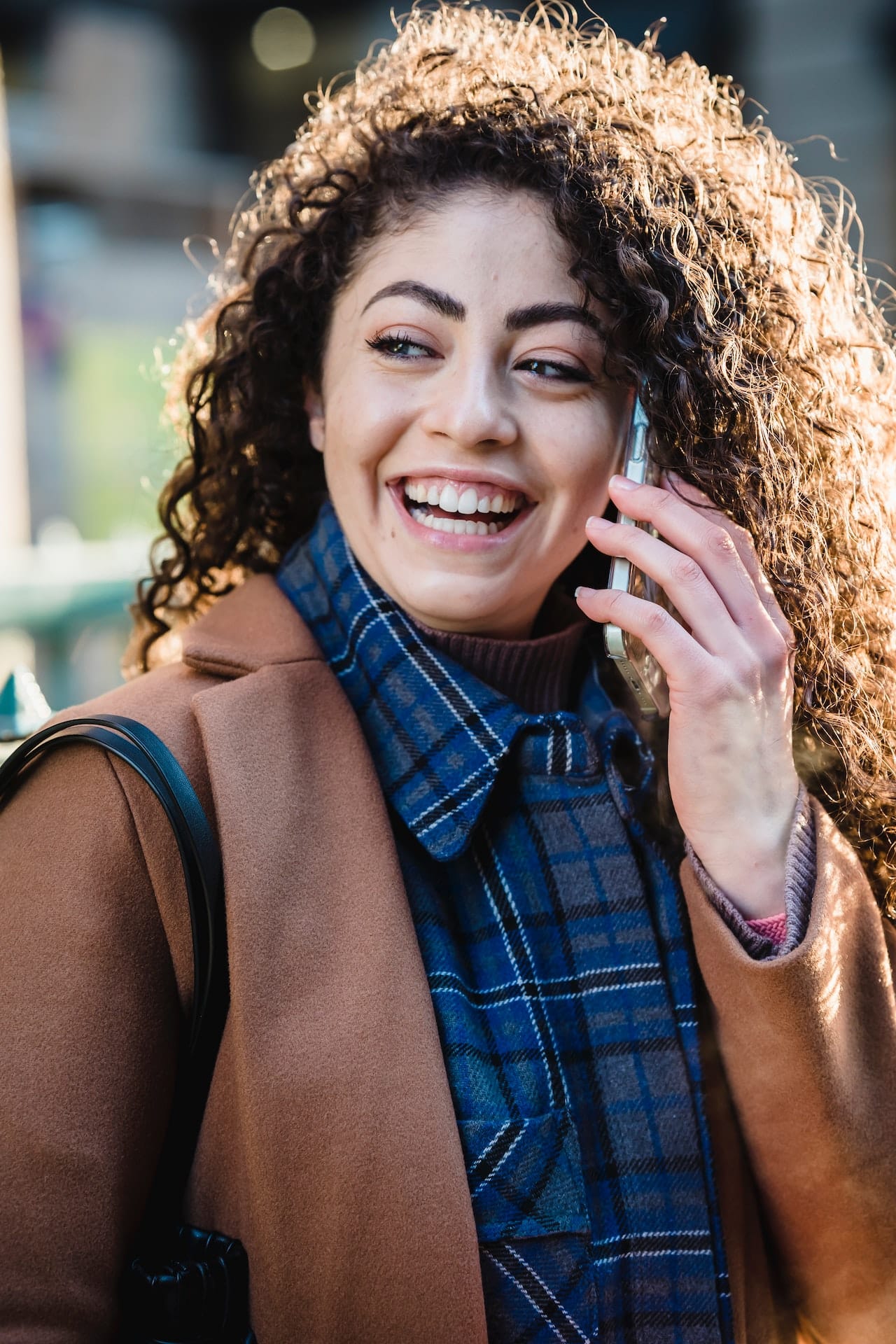
Therapy for BIPOC Women in California
If you are a resident of California, Stella Nova Psychology specializes in therapy for BIPOC women and nonbinary professionals. We also work with couples of all genders, online and in-person in our San Francisco office. We’re a woman of color owned and led clinic that’s committed to building a team that reflects the diversity of the communities we serve. We have current availabilities with therapists who specialize in treating burnout, anxiety and chronic stress, depression, relationship issues, chronic pain, and more.
Curious to learn more? We offer a free, 20 minute consultation for all new clients to answer your questions and match you with the best therapist for your needs and preferences. Schedule today!
About the Author
Maya Borgueta, PsyD, is a psychologist offering therapy online in California. She specializes in supporting the mental health of women of color, first and second generation immigrants, and women in business and tech. Maya incorporates an intersectional feminist lens into her work and as a queer-identified therapist, she enthusiastically supports the needs of the LGBTQ+ community.

